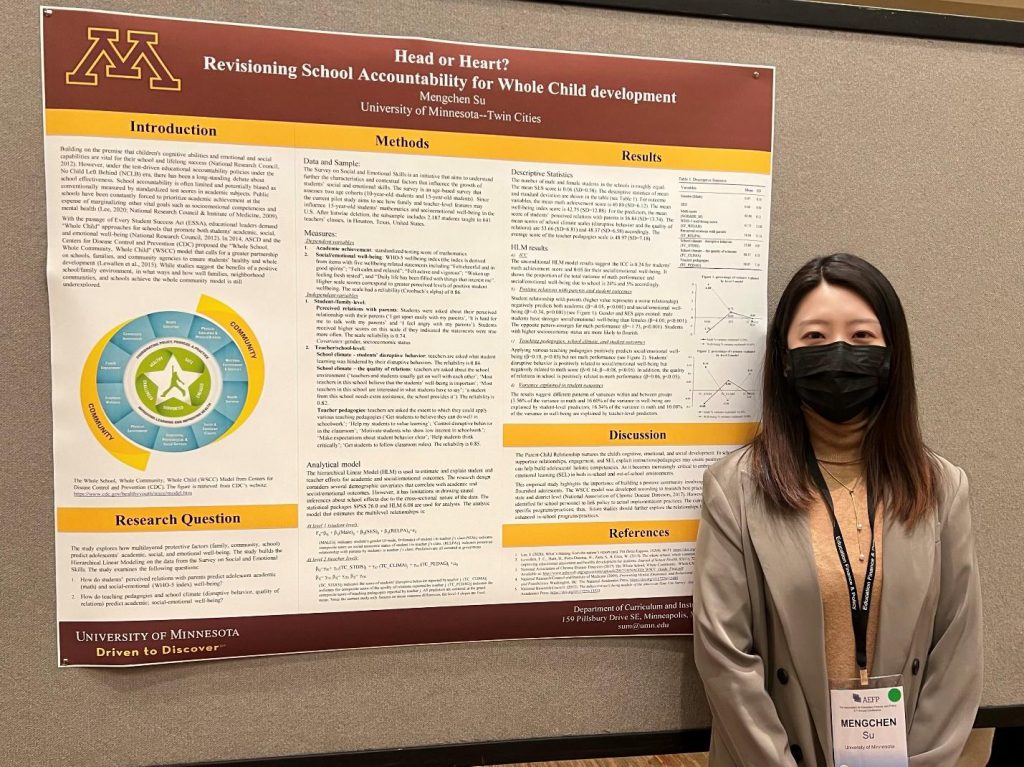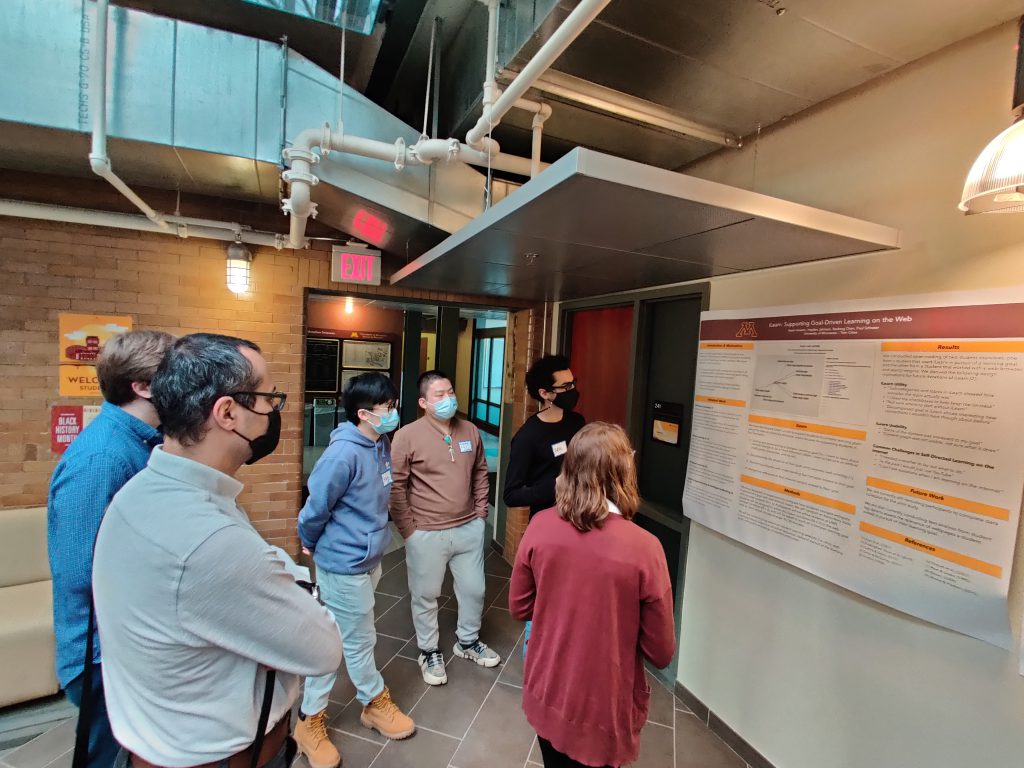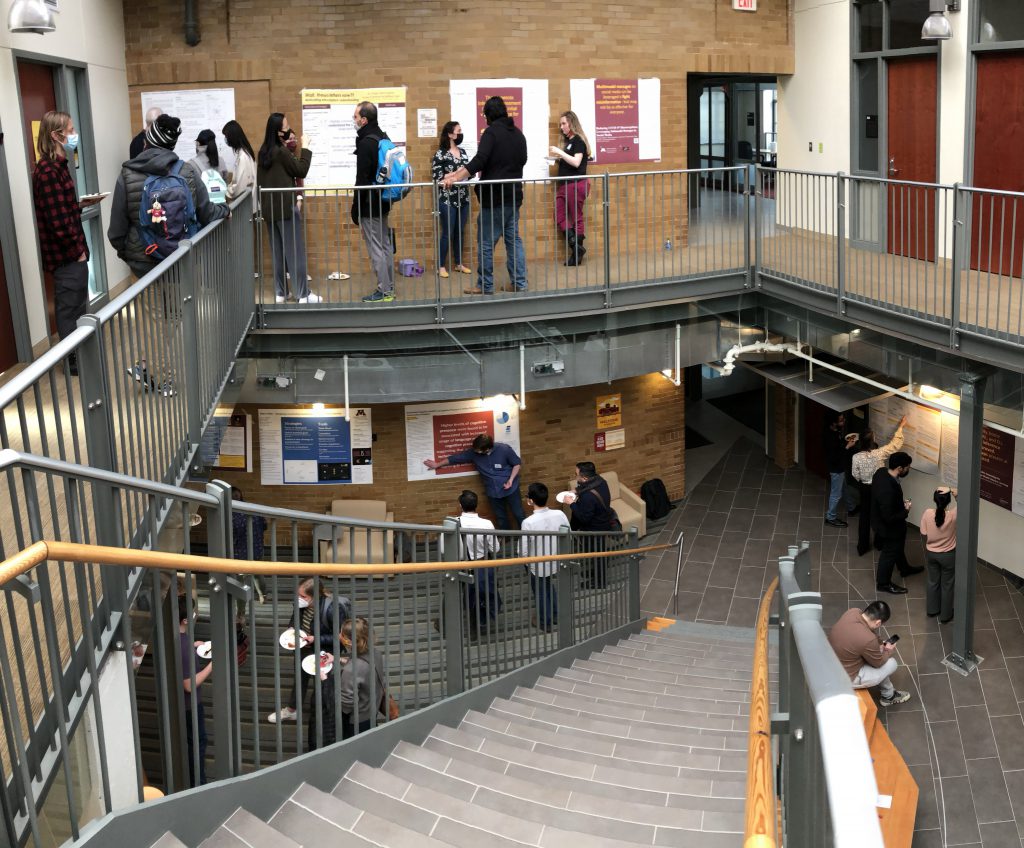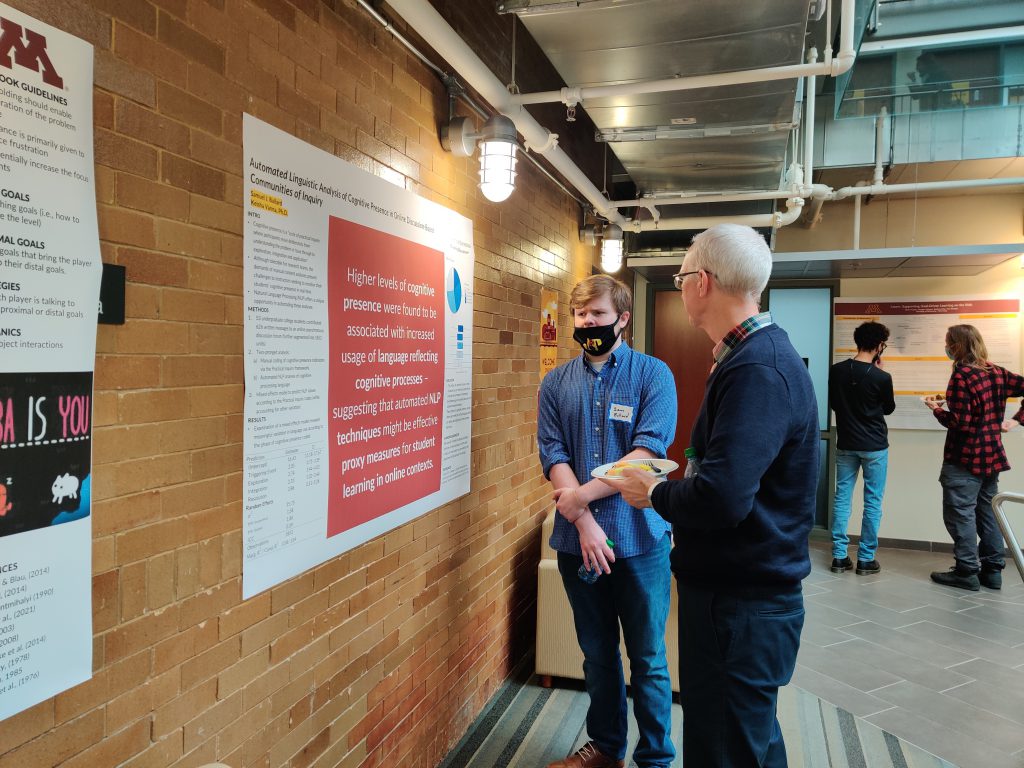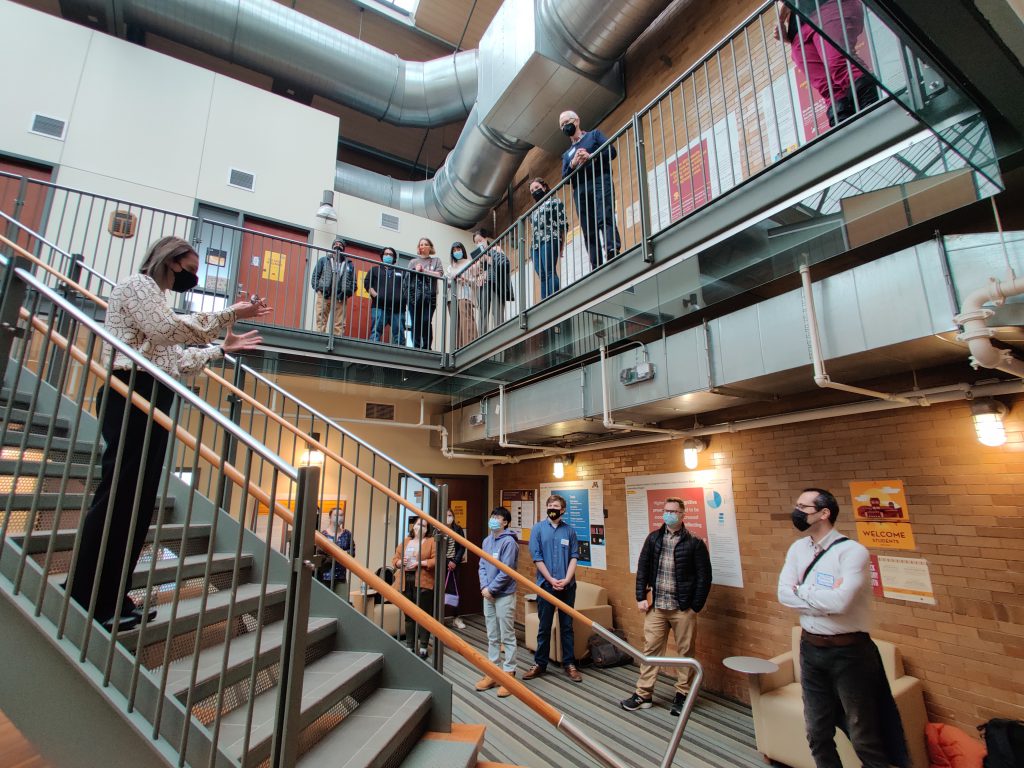Faculty and graduate students from the Learning Informatics Lab, along with their collaborators, will be presenting this week at the annual meeting of the International Society of the Learning Sciences (ISLS) in Montréal, QC, Canada!
Please see the schedule of presentations below, and look out for their to-be-published conference proceedings!
Tuesday, June 13th, 10:30 AM – 12:00 PM
John Molson – 3.445
L-LAAI1 – Advancements in Self-Regulated Learning and Educational Technologies
Andres, J.M.A.L., Baker, R.S., Hutt, S.J., Mills, C., Zhang, J., Rhodes, S., DePiro, A. (in press). Anxiety, Achievement, and Self-Regulated Learning in CueThink. In 17th International Conference of the Learning Sciences (ICLS) 2023. Montreal, Canada: International Society of the Learning Sciences.
Wednesday, June 14th, 2:30 PM – 4:00 PM
John Molson – 9 – Room A
Practitioners Session 4
Wilson Vasquez, A., DeLiema, D., Goeke, M., & Bye, J. K. (in press). Debugging debugging pathways: A research-practice partnership in K-8 computer science education. In 17th International Conference of the Learning Sciences (ICLS) 2023. Montreal, Canada: International Society of the Learning Sciences.
Thursday, June 15th, 10:30 AM – 12:00 PM
John Molson – 5.215
S-EMO2 – Emotion, Ideology, and Collaboration in Learning
Carpenter, Z., & DeLiema, D. (in press). Learning through play at the intersection of problem-solving, epistemic (un)certainty, and emotion. In 17th International Conference of the Learning Sciences (ICLS) 2023. Montreal, Canada: International Society of the Learning Sciences.
*LIL members in bold





